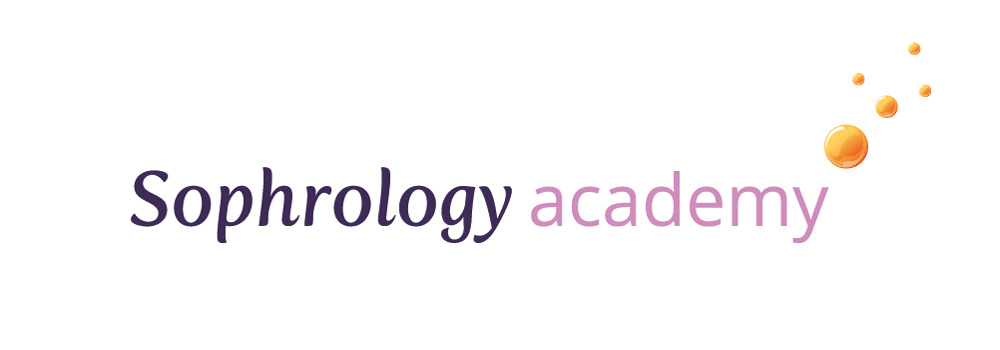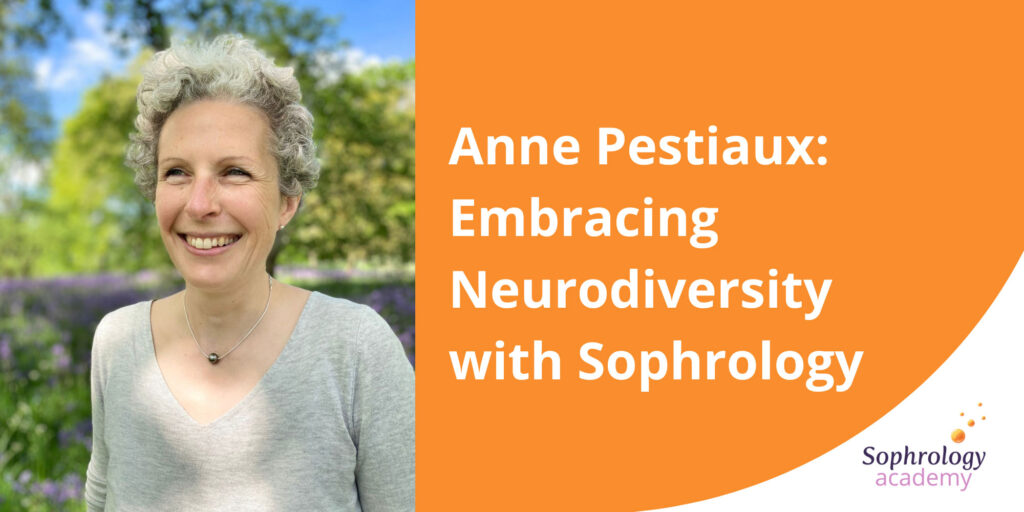Use of the term ‘neurodiversity” is becoming more and more common. It refers to a divergence in brain development, similar to biodiversity in the evolution in species. In simple terms, it means that people considered neurodivergent are born with a different brain wiring than the ‘neurotypical’ majority. This distinct wiring influences how they perceive, experience, and learn from the world around them. It is estimated that 1 in 7 people, accounting for 14% of the population is neurodivergent, with the four most common neurotypes being: dyslexia, autism, ADHD and dyspraxia.
Neurodivergent individuals often possess what is described as a ‘spiky’ neurological profile, excelling significantly in some aspects, while encountering challenges in others. However, societal structures such as education, employment, healthcare, and social systems, have been designed based on the assumption of a singular ‘neurotypical’ mind. As a result, many neurodivergent individuals often lead a life of continuous struggle, desperately trying to fit and conform with their neurotypical peers.
The pressure to conform to neurotypical norms leads many neurodivergent individuals, especially whilst undiagnosed, to engage in ‘masking’ – a common coping strategy for covering up challenges and trying to fit in. Yet, this constant effort can be draining, over time strengthening the belief that there is something wrong. Feelings of inadequacy often lead to low self-esteem, depression and anxiety.
Sophrology is a remarkable discipline which serves as a powerful personal development and confidence-building tool to help bruised neurodivergent individuals. By teaching techniques to soothe a sensitive nervous system, embrace and celebrate unique talents, and importantly, to own and accept their difference, sophrology encourages neurodivergent individuals to reclaim their authenticity and recognise that their uniqueness isn’t a flaw but a distinctive attribute. The principles and techniques in sophrology are effective in restoring the mind-body connection, adopting a positive mindset, letting go of judgement and activating latent inner resources.
Anne Pestiaux, founder of The holistic ADHD woman, is a qualified sophrologist and proudly embraces her own ADHD diagnosis. She practices sophrology with neurodivergent individuals and helps fellow ADHDers design a supportive lifestyle to manage their condition without medication.


